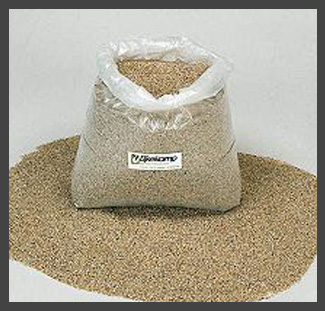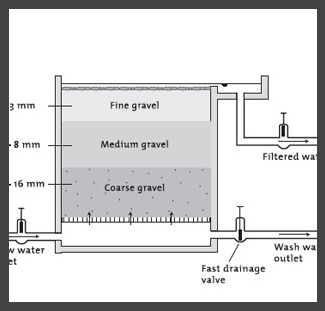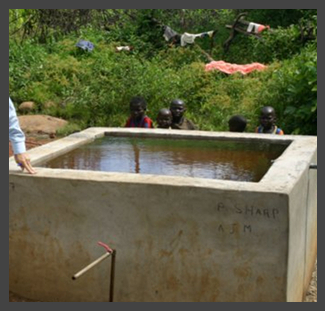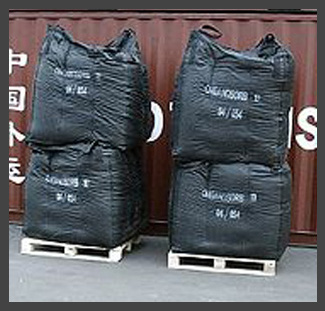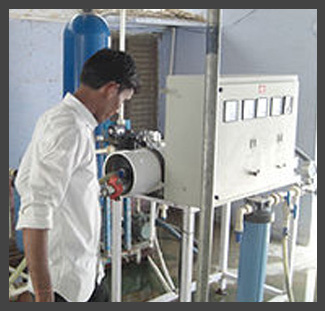Difference between revisions of "CT - Filtration"
From Akvopedia
(Updating links) |
|||
| Line 1: | Line 1: | ||
CT -Filtration refers to centralised treatment of water systems that serve many households or village level. While the trend suggests a move towards decentralisation, there is still a place for the usage of centralised systems as NGOs and governments work to provide fresh water solutions to their communities. | CT -Filtration refers to centralised treatment of water systems that serve many households or village level. While the trend suggests a move towards decentralisation, there is still a place for the usage of centralised systems as NGOs and governments work to provide fresh water solutions to their communities. | ||
| − | <div style=" background-color: #efefef; text-align: center; -moz-border-radius: | + | <div style=" background-color: #efefef; text-align: center; -moz-border-radius: 2px; -webkit-border-radius: 2px; border: 1px solid #63B8FF; padding: 3px;" > |
{|cellpadding="3" cellspacing="0" width="100%" | {|cellpadding="3" cellspacing="0" width="100%" | ||
|- | |- | ||
Revision as of 05:55, 28 May 2013
CT -Filtration refers to centralised treatment of water systems that serve many households or village level. While the trend suggests a move towards decentralisation, there is still a place for the usage of centralised systems as NGOs and governments work to provide fresh water solutions to their communities.
